Ilana Masad is a writer of fiction, nonfiction, and criticism. Her work has appeared in The New Yorker, New York Times, LA Times, Washington Post, NPR, The Atlantic, StoryQuartlerly, Catapult, Buzzfeed, Joyland, The Account, and many more. She is the author of the novel All My Mother’s Lovers and the forthcoming Beings.
Masad holds a PhD in English from the University of Nebraska-Lincoln, has taught a wide variety of creative writing and literature courses, and also provides editorial services to authors.
Tell us about Beings. What sparked the idea?
The idea for Beings evolved a lot over time, but the origin is learned about Barney and Betty Hill from a podcast my partner had on in the other room that I was only half listening to. I became fascinated from the little I heard and went and listened to the full episode and then began to read everything I could find about them. But it was clear to me that I couldn’t just fictionalize their story and have that be the book—it just didn’t feel right, for a multitude of reasons. So I started thinking about what other stories and voices I could bring into the book.
As a novelist, how do you approach the challenge of braiding such different voices and timelines into a cohesive whole?
I could give you a clear, coherent, and ultimately entirely theoretical answer to this question—because from a distance, as a reader and an editor, I’m able to see the ways that polyvocal stories cohere. But as a writer, I mostly bumbled my way through it, and a lot of how it cohered came, I think, from what was subconsciously coming into the various threads as I wrote.
One thing that did help was figuring out the structure. I knew I wanted to tell the story of the married couple—a version of the Hills—from the time they experienced the abduction to the death of the husband, because it was their togetherness that I found appealing and that I came to love so much. That time spanned nine years, 1961 to 1960. So once I figured out who the other character I’d be exploring in the 1960s was, I figured I’d have each chapter take place over the course of one year. The third voice in the novel, the Archivist’s, used to be a little different and originally took place over nine days, to mirror that, but once I hit on the version that they’re in now, I decide to have their brief chapters intersperse the two historical ones.
Some of the mirroring or echoing that occurs between the chapters was, as I said, not consciously planned, but when I was editing the book, I definitely tried to tweak those moments or elements to either draw them out or to tone them down so they wouldn’t feel too twee or convoluted.
Starting with the Betty and Barney Hill case, how did you choose what facts to hold on to and what to fictionalize?
Well… Ultimately, it’s all fictionalized, right? Because neither I as the author nor the person writing the couple’s story within Beings is able to really tell anyone else’s story. Even two people who are incredibly close and spend lots of time together will remember events differently, so how much more tenuous is the connection between a writer’s imagination and research to the reality they’re basing their story on?
Having said that, I did try to hew extremely closely to things they said during their lifetime, especially during the nine years they had together following the abduction. I based some specific scenes in the book, especially in the early chapters, on scenes they described in the book they worked on with John G. Fuller, the journalist who wrote The Interrupted Journey. Other scenes were based closely on things that I found in the Hills’ archives at the University of New Hampshire.
The first time I wrote through their story I tried to dramatize every single scene that I had some sort of written evidence for. And then came the work of shaping, of pruning, and of realizing what else I wanted to do with their story, which was not only to imagine the most dramatic moments of this couple’s life, but also the most mundane. I wanted to try to give my version of them as full an embodied reality as I could. Anyone who has become famous or infamous in some way loses aspects of their humanity in the public’s imagination, and I wanted to bring those aspects back into the story.
As both a critic and novelist, how do you see the role of archives—whether literary, cultural, or personal—in shaping stories we tell about ourselves?
Archives are incredible, and they’re essential, and they’re also as fallible as any other mode of memorykeeping that we have. There are many different kinds of archives, too, with specific goals and specialties and ways they accept material and how they share it with the public.
I’ve been fascinated with archives for a while, although I wasn’t entirely aware of it; a few years ago, my aunt, Michelle Paymar, made a documentary about the Cairo Genizah, and I did some work for her, transcribing the interviews she’d conducted, and so I learned a lot about it from all these really interesting experts. The Genizah was basically an accidental archive—it was a room in a synagogue in Cairo whose contents were meant, at some point, to have been taken to a cemetery to be buried. But that never happened, apparently, and so hundreds of years of material ended up there, all of which shed light on Jewish life in Egypt and all over the Middle East and Asia. That accidental archive basically upended a lot of assumptions people had about what Jewish life was like in these regions from the middle ages all the way up to the late 19th century, and as such, it has profoundly reshaped the stories that we can tell about our ancestors.
The first archive I ever encountered was the Lesbian Herstory Archives in Brooklyn, which I discovered through some friends shortly after graduating college. I love that place—it’s beautiful and cozy and lined with books and filing cabinets which are full of letters and pamphlets and photos. This archive exists, per their website, “to gather, preserve and provide access to records of Lesbian lives and activities. Doing this also serves to uncover and document our herstory previously denied to us by patriarchal historians in the interests of the culture that they served.” So this is a very different kind of archive than the Genizah, right? It’s much more similar in terms of its mission to The History Project, a Boston-based archive of LGBTQ life, which I never visited in person but whose director was kind enough to get on Zoom with me during the early days of the COVID-19 pandemic, and help me figure out what would be helpful for me and what I needed access to.
And then, of course, there’s the Hills’ archive at the University of New Hampshire, which is another kind of archive altogether, because it’s personal yet it’s also specifically there to keep a record of the events that shaped the Hills’ life after their abduction in 1961 and little else.
Archives are political, of course, and they shape what we know and how we know it. What ends up in archives can depend on such a wide variety of things: individual privilege, historical era, capital, luck, political regime, personal curation. So I think that absolutely shape the stories we tell about ourselves and about others in ways that many scholars are still untangling and figuring out.
Your work spans many categories, how can writers think about genre as a creative tool rather than a box to fit inside?
In her essay “Learning to Write Science Fiction from Virginia Woolf,” (which I read in Space Crone, a collection of Le Guin’s work edited and introduced by So Mayer and Sarah Shin) Ursula Le Guin wrote: “Genre is a rich dialect, in which you can say certain things in a particularly satisfying way, but if it gives up connection with the general literary language, it becomes a jargon meaningful only to an in-group. Useful models may be found quite outside the genre.”
So I think it depends on the writer’s goal. Some people might want to fit squarely inside a genre, might want to use the jargon meaningful to the in-group. For instance, if you tell someone you’re trying to write a kind of lesbian necromancer space opera, there is a whole big group of readers who will immediately know you’re inspired by Tamsyn Muir’s books. By the same token, you could tell someone you’re writing ACOTAR fanfiction and they’ll be like “what on earth are you talking about?” because they’ll have never heard of Sarah J. Maas. (Full disclosure: I have read neither of these authors yet, but they’re in the zeitgeist of my particular in-groups in different ways.)
Genre is, indeed, a tool, or a set of conventions, or a language—but it can be porous and mutable and changeable, and I think that’s beautiful. Different genres can do different things in different ways and for different purposes, and so can bending or writing across genres.
How does queerness and nonbinary identity inform the way you craft characters, particularly in Beings?
I’m sure it does, but I’m not really sure how—queerness is a lens through which I see the world, a way in which I move through the world and engage with it, and so of course that would come to bear in my writing. But similarly, although there are zero explicitly Jewish themes in this book, being Jewish is also part of how I see the world and move through it and engage with it, and I can’t say how that affects how I write either except to know that it must.
In general, I’m not really very interested in binaries outside of what they say about our—understandable!—desire to dwell within simple paradigms of either/or, good/bad, truth/lie, fiction/fact, male/female, etc. I think very little literature, if it’s good literature, is interested in binaries though, because good literature isn’t polemic or propagandistic.
You hold a PhD in English and teach creative writing. How do you reconcile the analytical mode of academia with the intuitive, risk-taking side of fiction writing?
I only sporadically teach these days, unfortunately; the academic job market is really hellish right now. I actually think that those things reconcile very well, though, because as a critic, I’m always analyzing anyway, whereas when I’m writing fiction, I’m working with a totally different part of my brain, the part that makes things up. I also think that whenever you’re dealing with the humanities, there’s more of an intuitive and risk-taking way of thinking than the stuffy idea of the ivory tower tends to let most of us see. After all, there’s very little that you can be certain about in interpretive work; it’s not like a science experiment where you can see the results and repeat it and graph the data etc. Interpretation, analysis, is always going to involve intuition and creative thought.
What lessons from working as an editor and critic most inform how you revise your own work?
I wish I could say that they do, but honestly, I feel like the way I edit other people’s work and the way I approach books I’m reading as a critic are just totally divorced from what goes on when I’m writing and revising my fiction. Editing is my favorite part of writing, but when I’m editing someone else’s work, I have this much less emotional relationship to it, a kind of distance that allows me to see what’s working and what isn’t.
When I’m writing or editing my own fiction, I feel a lot less like a competent adult who knows what they’re doing, and a lot more like a chimera of a child throwing paint at the walls, a teenager hunched over the most earnest poetry you’ve ever ready, and a small turtle trying to climb a rock while mortally afraid of tumbling over backwards onto their shell and never being able to get up.
What is the best piece of writing advice you’ve ever received? What is the worst?
I don’t mean to sound glib but advice isn’t something that sticks in my mind, per se. I feel like I’m always learning from other writers by reading them, by talking to them, by observing how they interact with the world as writers, by thinking through things aloud with them if they’re friends or mentors or students.
So I don’t know that any particular person ever told me this, for instance, but the best thing I’ve ever learned about writing has been to read—to read widely, deeply, constantly, curiously, enthusiastically.
The worst thing I’ve ever been advised to do as a writer was by one very jaded writing teacher who didn’t like the experimental style of the piece I was workshopping and basically just told me to “write it differently.” Ha.
What’s currently inspiring your writing—whether books, art, or cultural conversations—that might shape your next project?
What’s most inspiring my writing right now—or at least my thinking about the next project, because I haven’t been writing it, alas—is being a parent and watching my toddler learn how to be a person. There’s something truly ineffable about the experience of pregnancy, giving birth, and watching the monumental changes that come over a small being from infancy to toddlerhood. Beings is, in so many ways, about our present day and the ongoing conversations we’re having about the nature of truth and belief and history. My next project, I think, will be focused in some ways on something smaller—a single family—but also on something bigger—mortality and the terrible and awe-inspiring responsibility of being a parent.
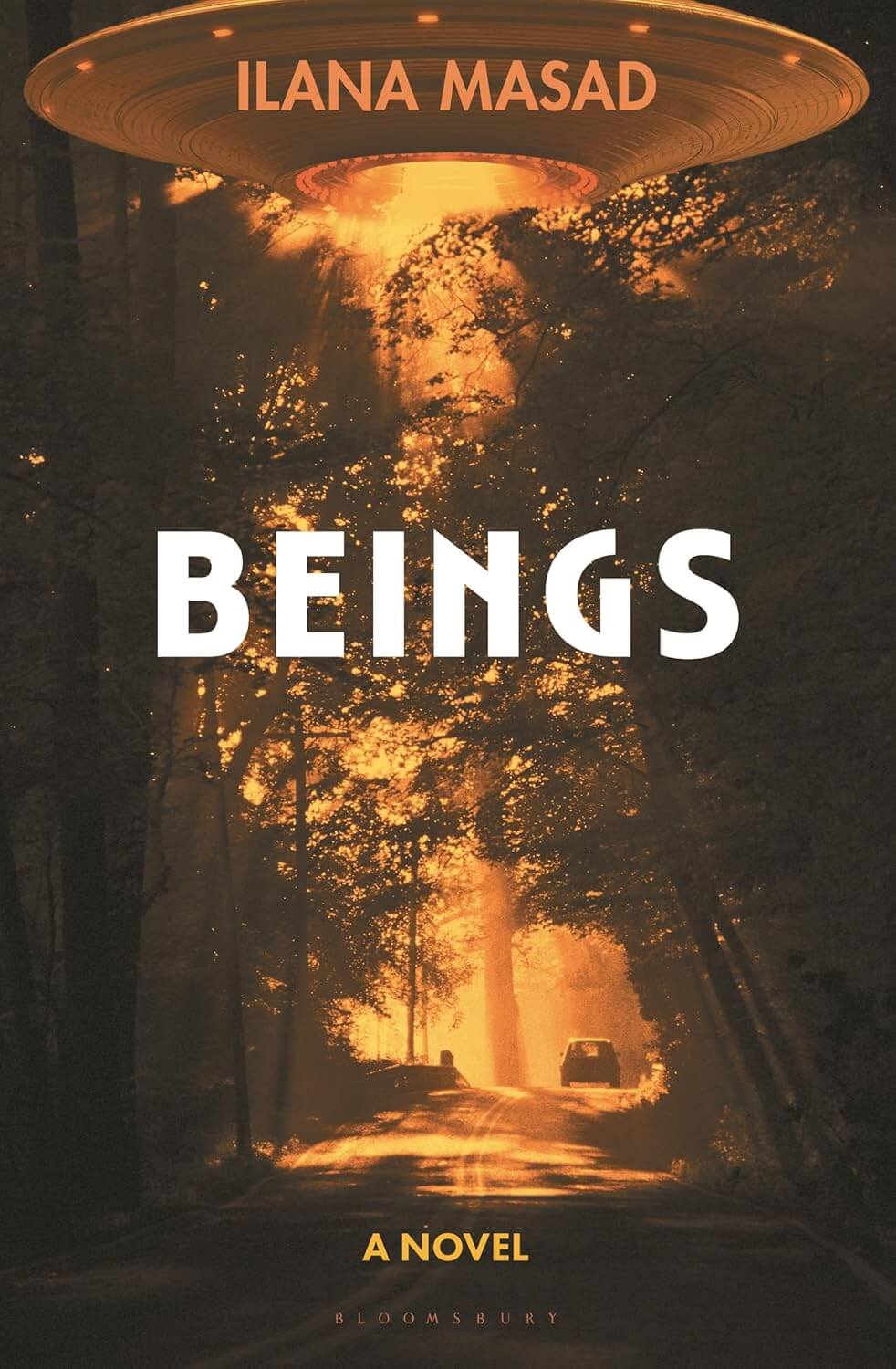
Beings by Ilana Masad
Often, those who live the stories are not the ones who control the narrative. In the 1960’s, time weaves together three stories: an interracial couple abducted by aliens and struggling to parse out their future after a traumatic past, a writer struggling with the societal repression of her lesbian identity and what it means to love in solitude as well as in community, and chronically-ill archivist whose obsession leads them to unweave the tapestry and try to uncover both their own hidden secrets as well as those of the past. In the archive, fact can become fiction just as quickly as the false can become true.
Buy the book now: Bookshop.org | Amazon | Barnes & Noble

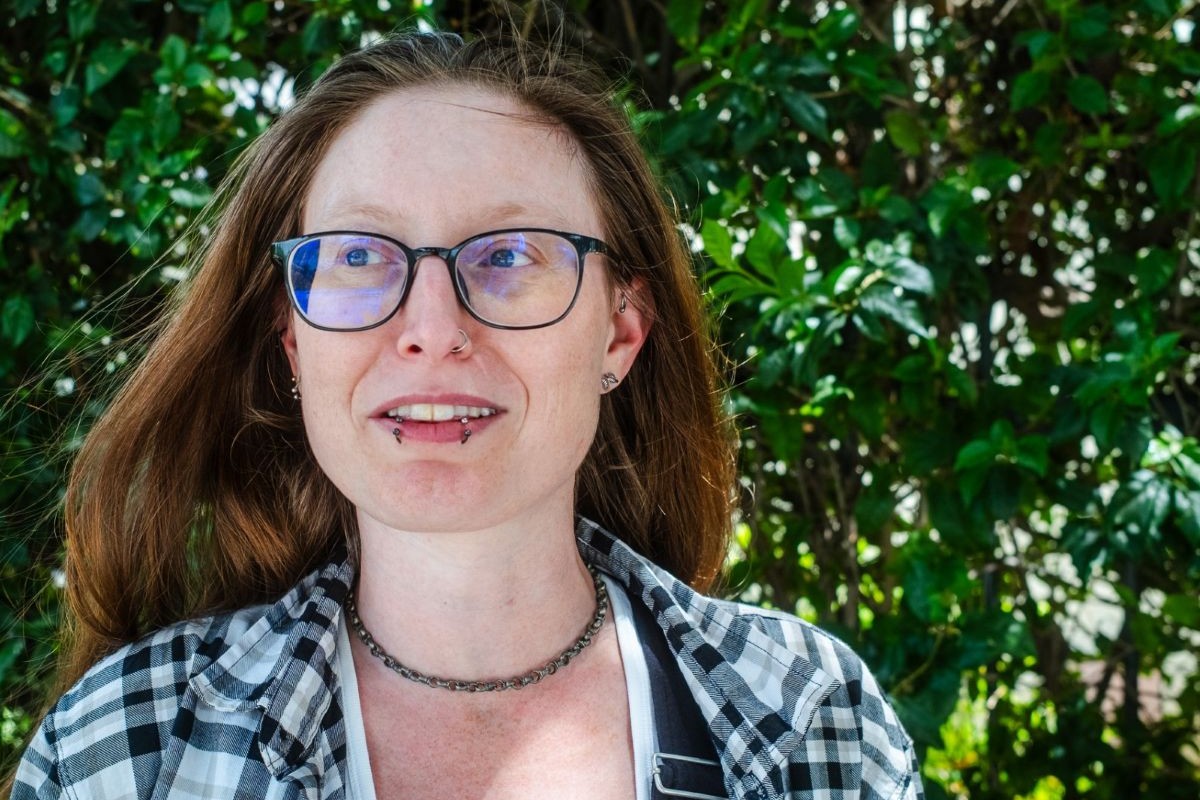
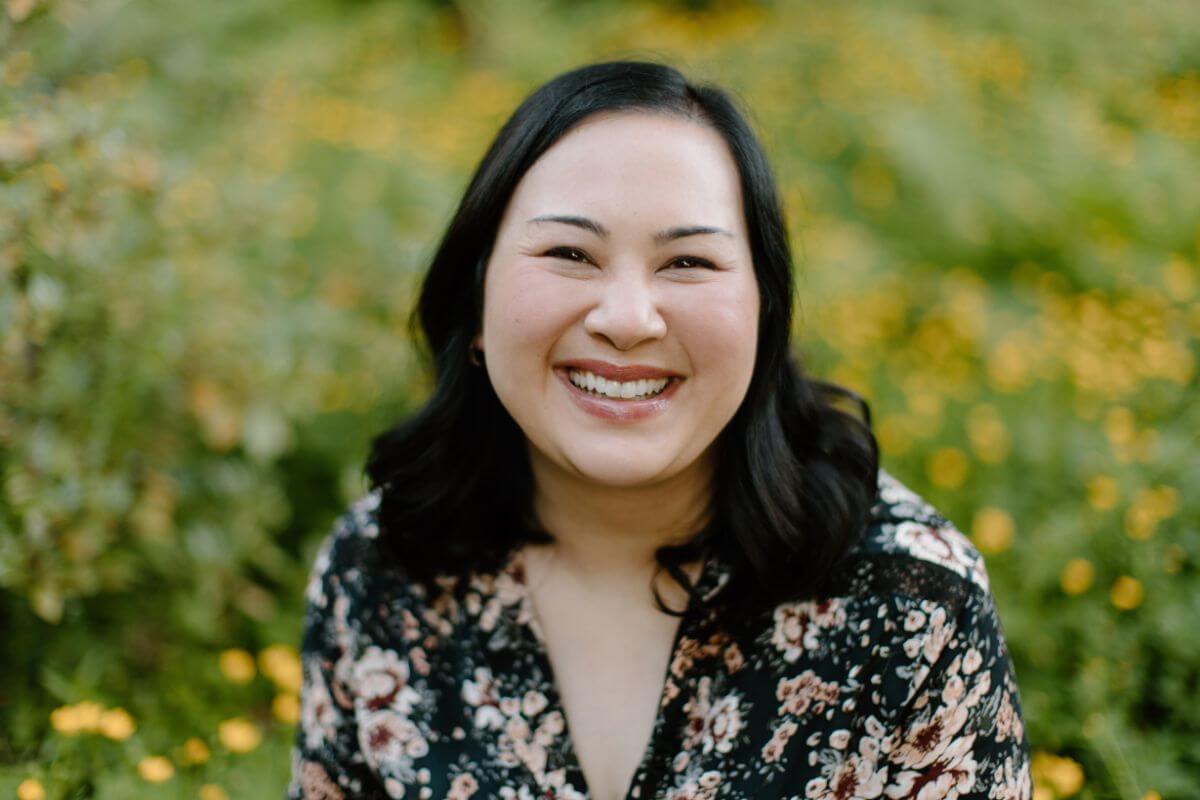
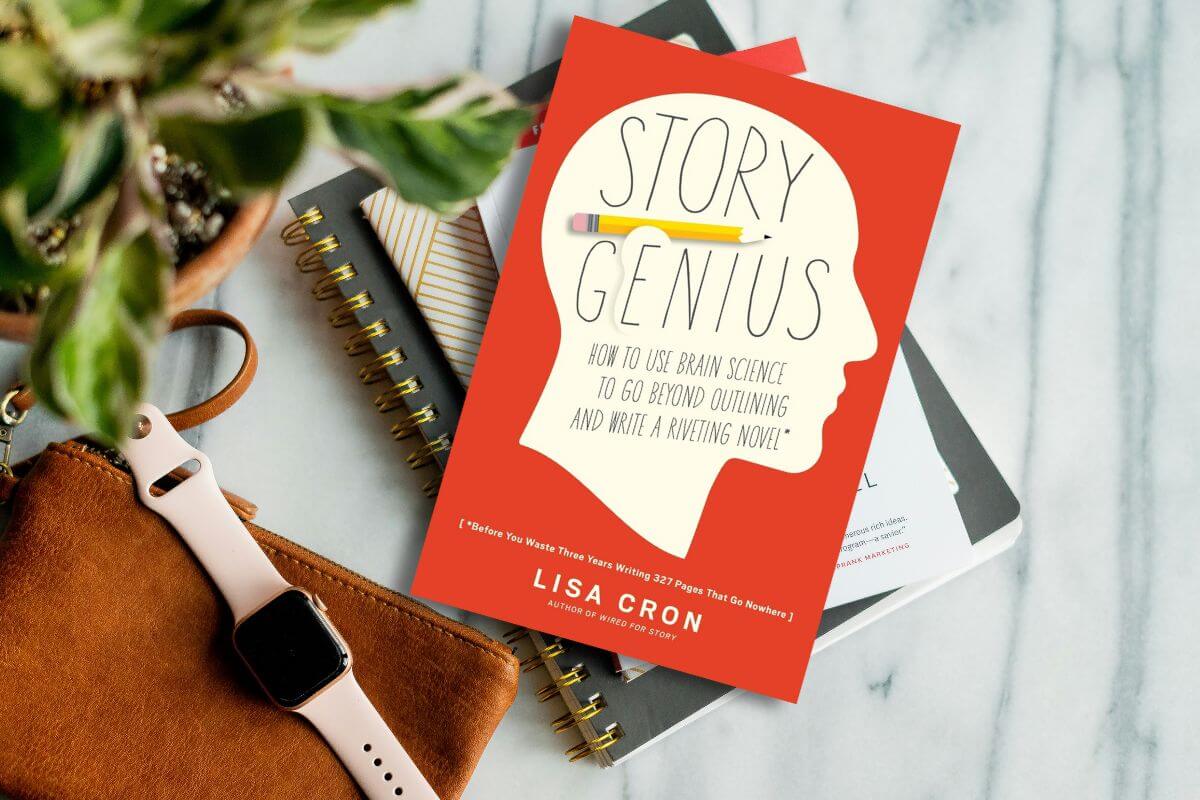
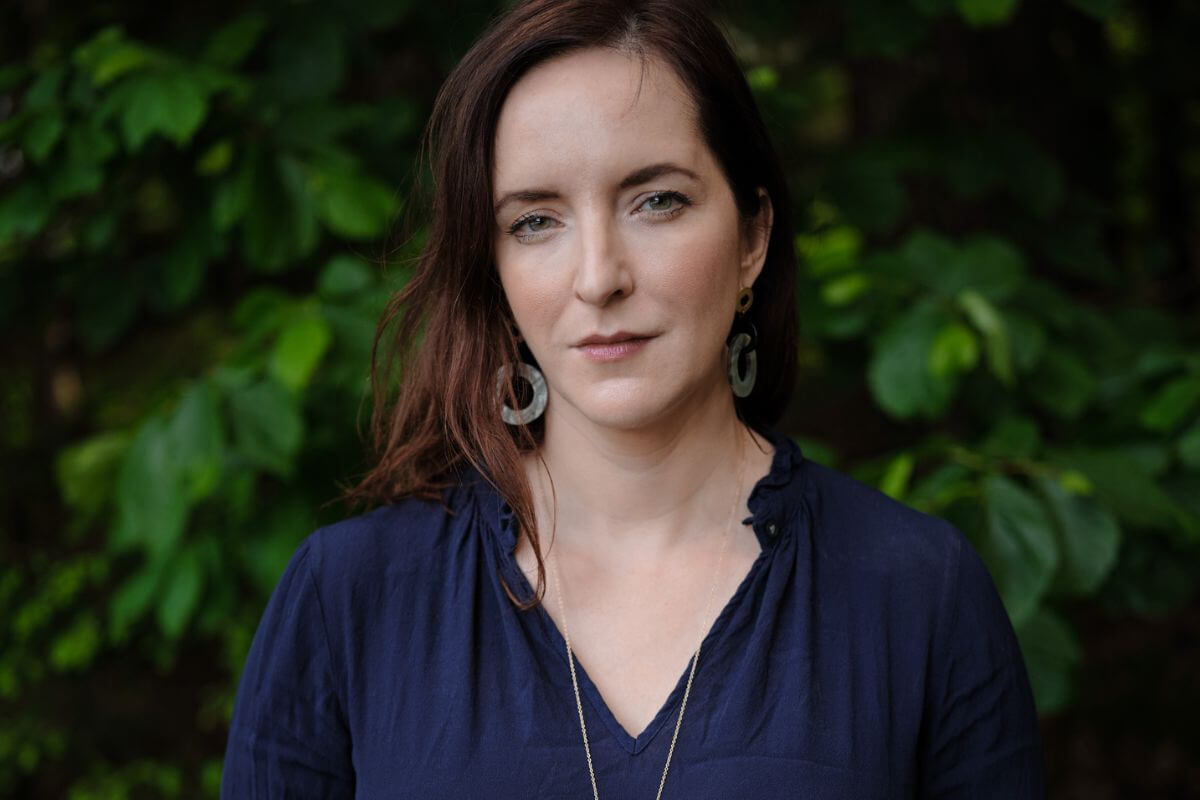
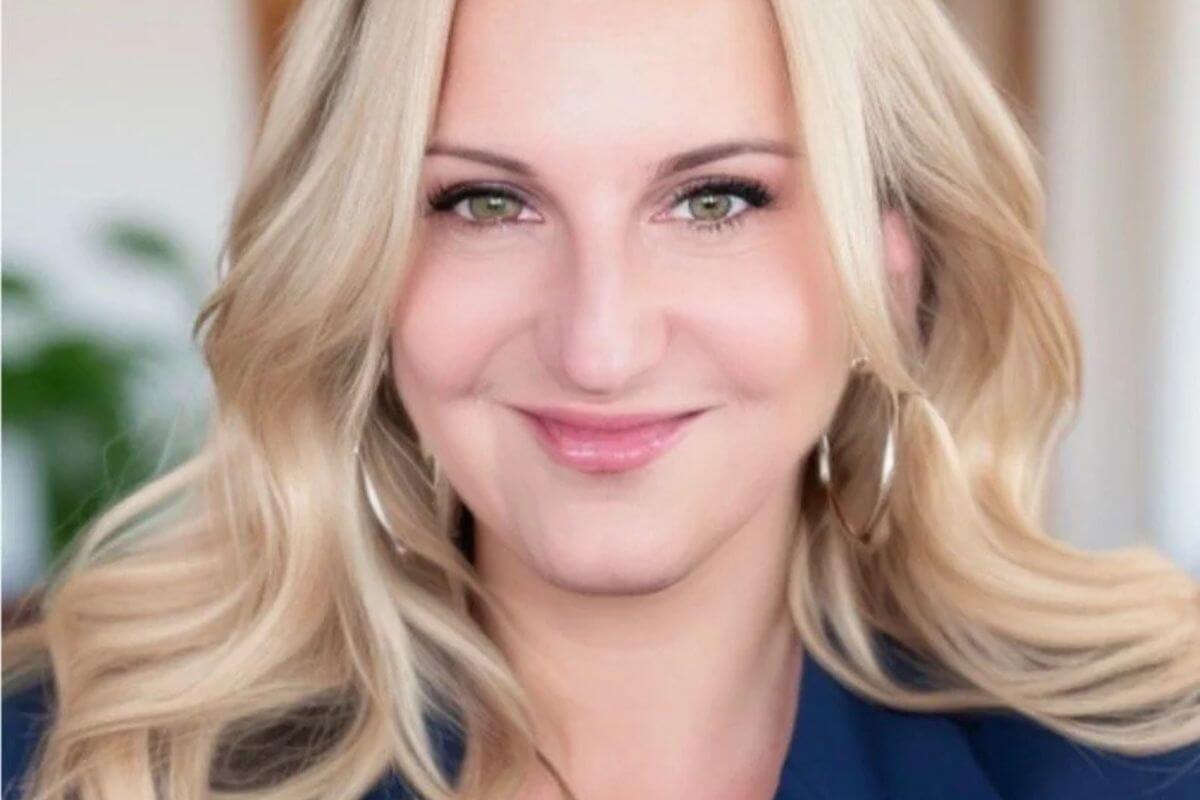
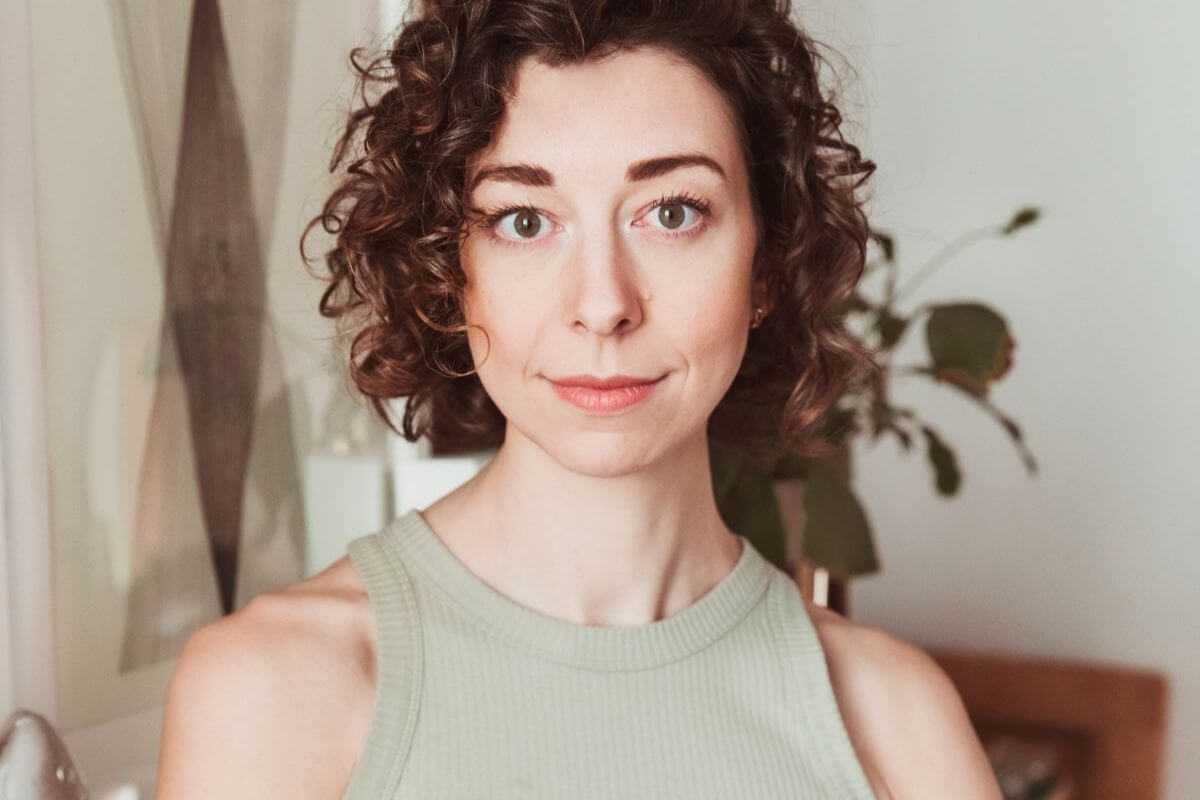
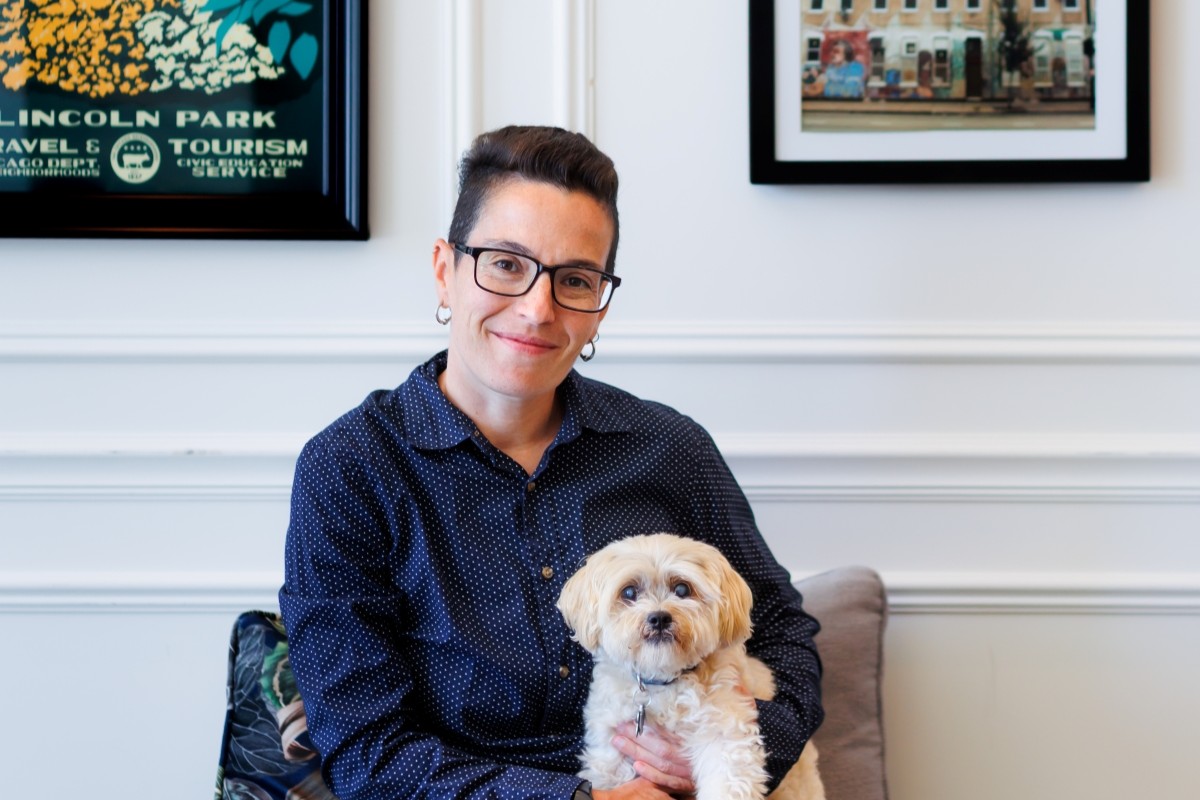

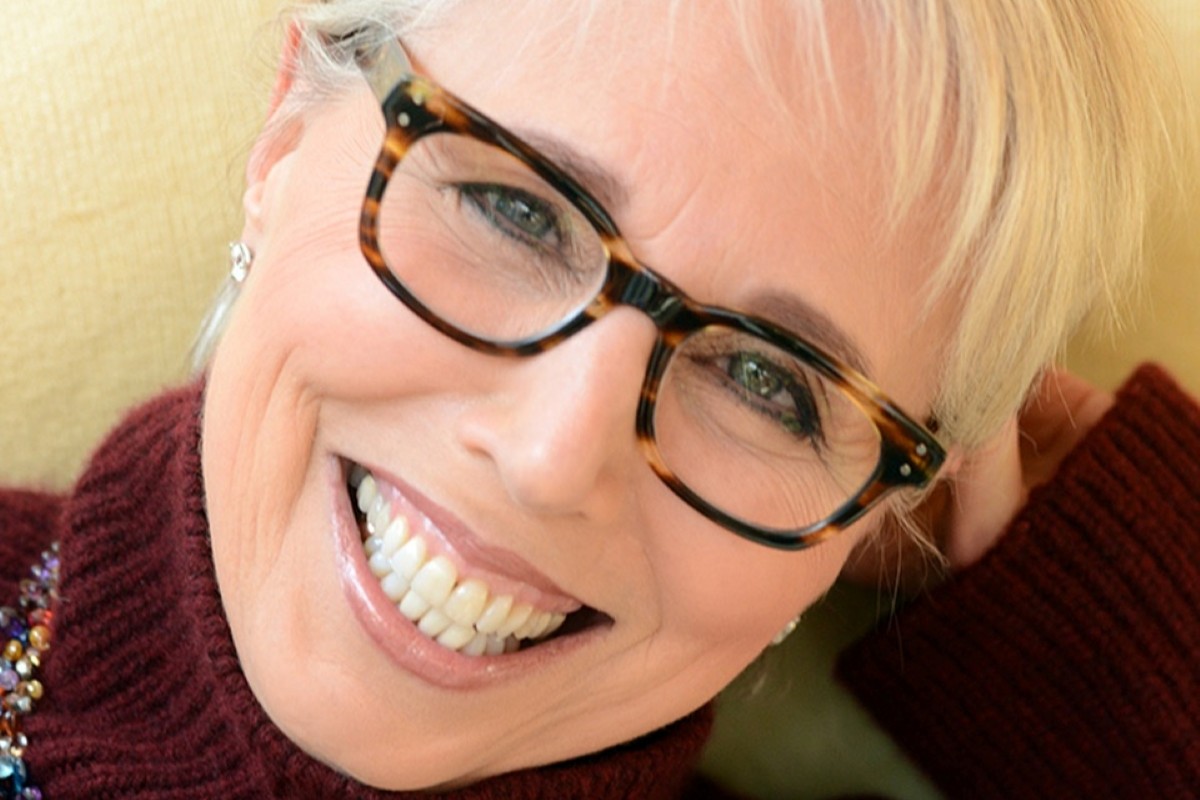
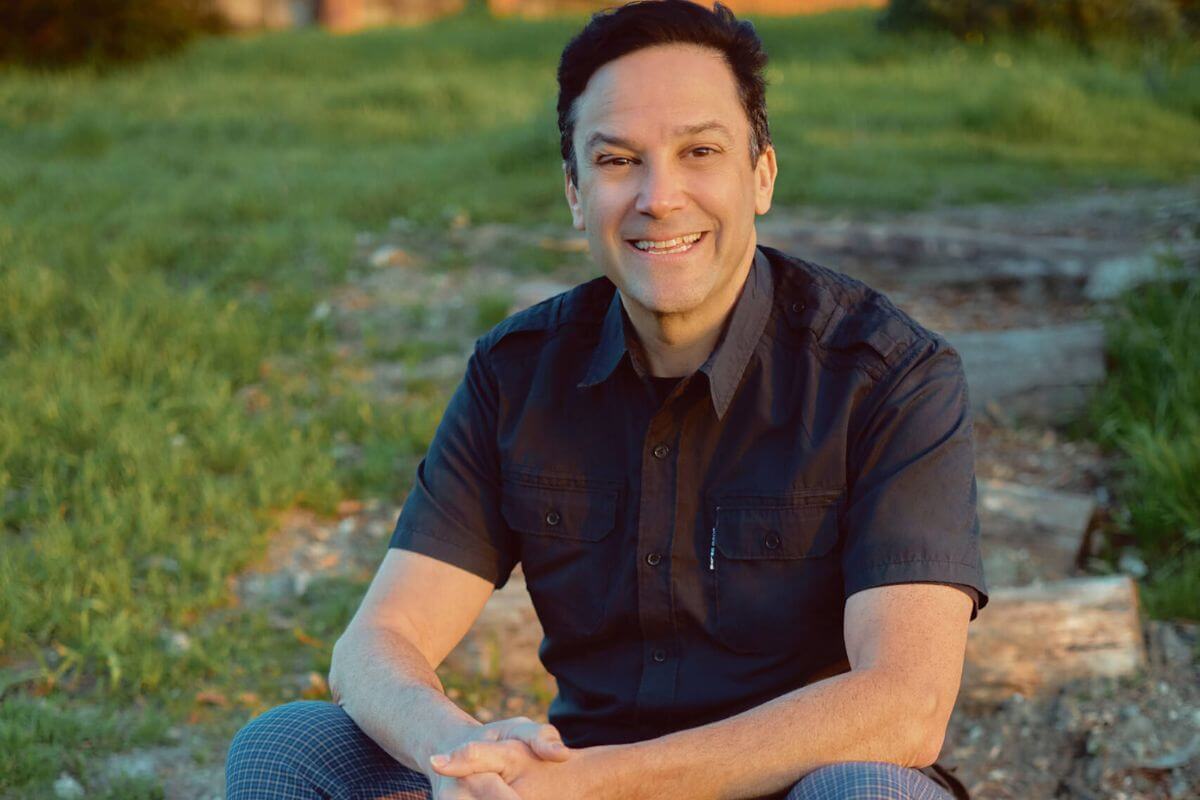
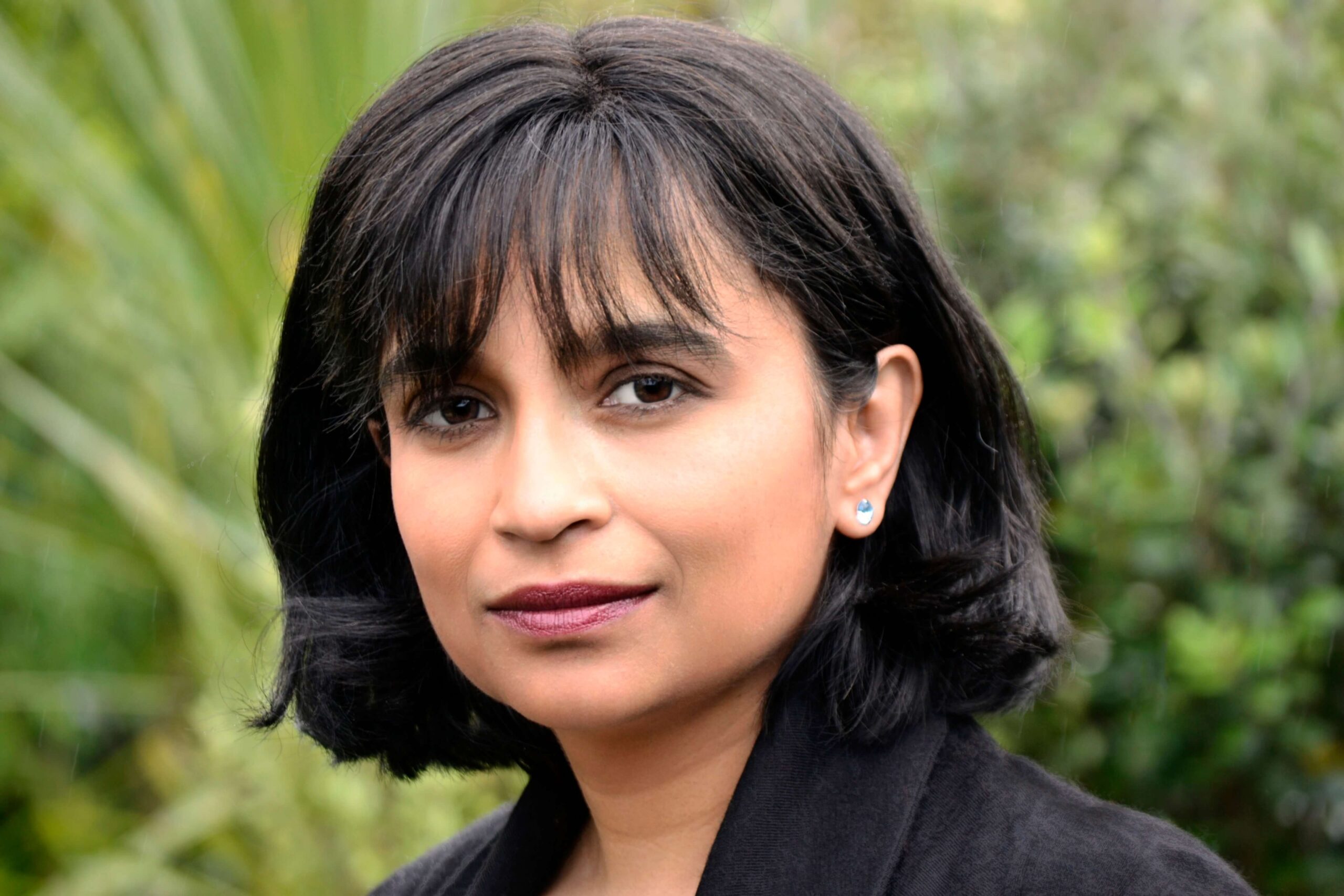
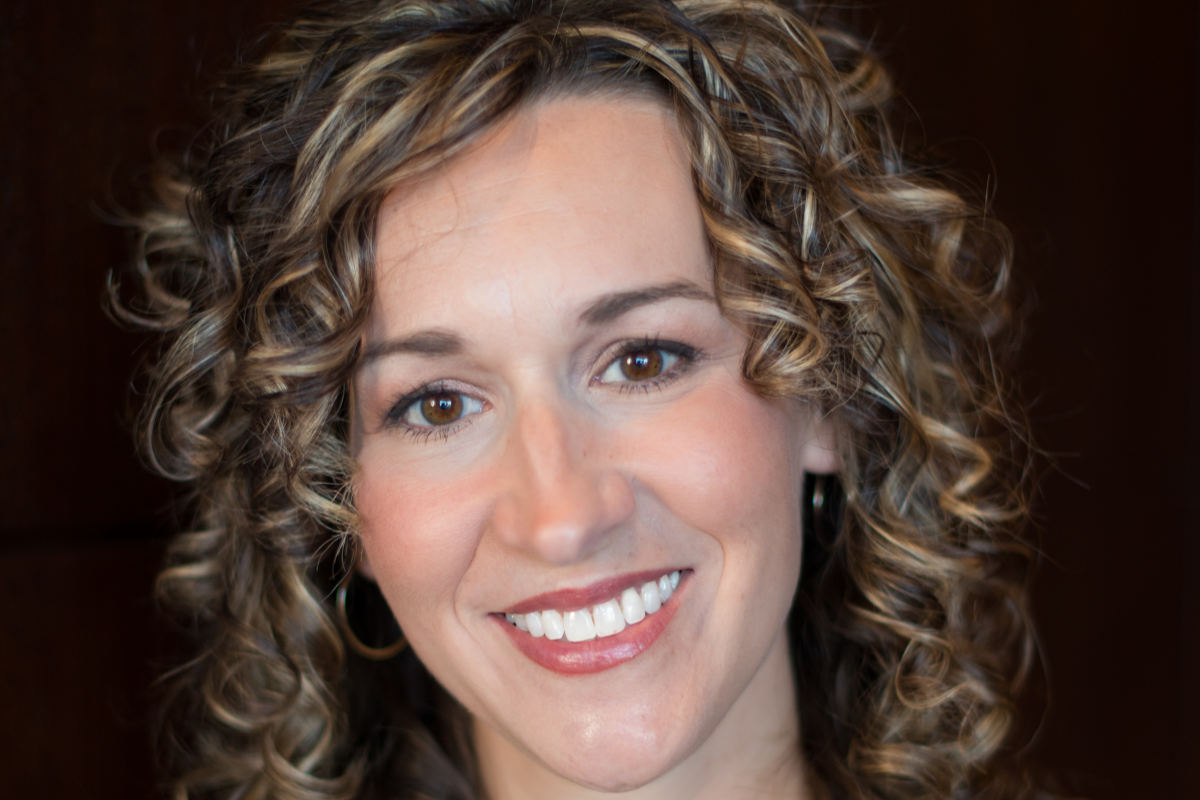
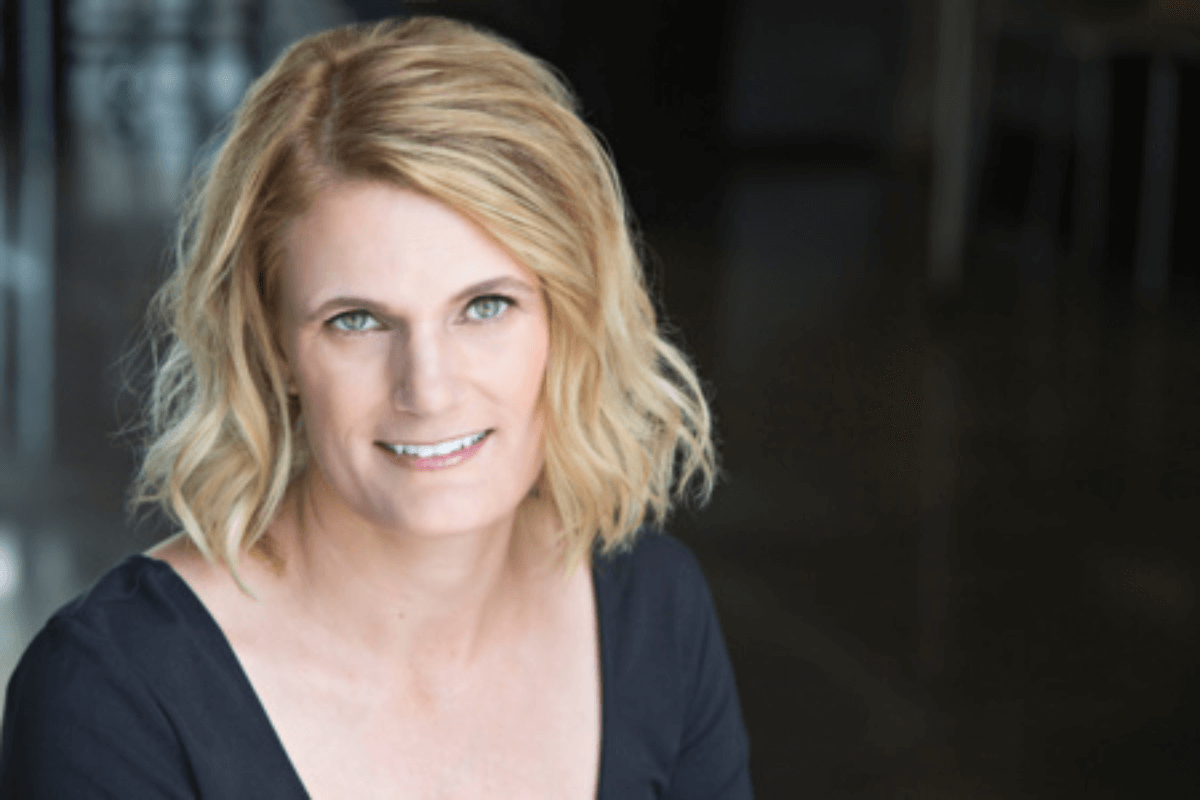
Leave A Comment